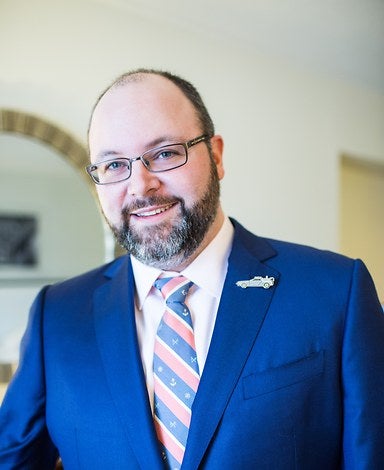YouTube is consistently one of the most popular linked-to destinations across online platforms, has been blamed for promoting radicalization pathways through its recommendations, and has been used by foreign entities for political manipulation. While recent work has started to investigate YouTube’s role in these issues, open questions remain about YouTube’s ideological distribution, efficacy of its moderation, and its role in propagating disinformation. This talk leverages sharing data collected from multiple social platforms to answer these questions, providing a method to gauge ideology of YouTube channels, an analysis of how similar groups’ YouTube sharing appears across platform boundaries, and a study of the impact YouTube’s recommendation algorithm has on sharing in other spaces. Results from this work suggests YouTube content is more aligned with ideologically conservative groups, YouTube sharing provides a strong indicator for cross-platform coordination, and de-recommendation has a pro-social effect on information sharing in other spaces.

Cody Buntain is an assistant professor of Informatics at NJIT. His research studies social media and the larger information ecosystem, specifically how to make online social and political information more accessible, more civil, higher quality, and more robust against manipulation. Dr. Buntain has a special interest in how these systems provide information support during crises. While at NYU, he worked with political scientists to characterize online manipulation, develop techniques to detect this interference across online social platforms, and construct cross-platform information retrieval systems. Prior to NYU, he was a Intelligence Community postdoctoral fellow and integrated multi-context social media into models of social unrest and developing machine learning models to identify and summarize critical information posted to online platforms during disasters. Recent publications include papers on influencing credibility assessment in social media, consistencies in social media's response to crises, the disability community's use of social networks for political participation, and characterizing gender and direction in online harassment. He has also been heavily involved in government-sponsored cyber security research, having lead the research division of a small defense contractor that was subsequently purchased by Raytheon.
